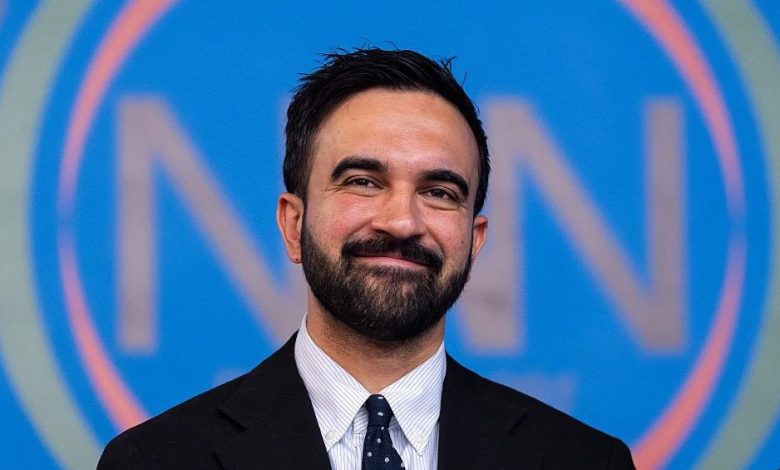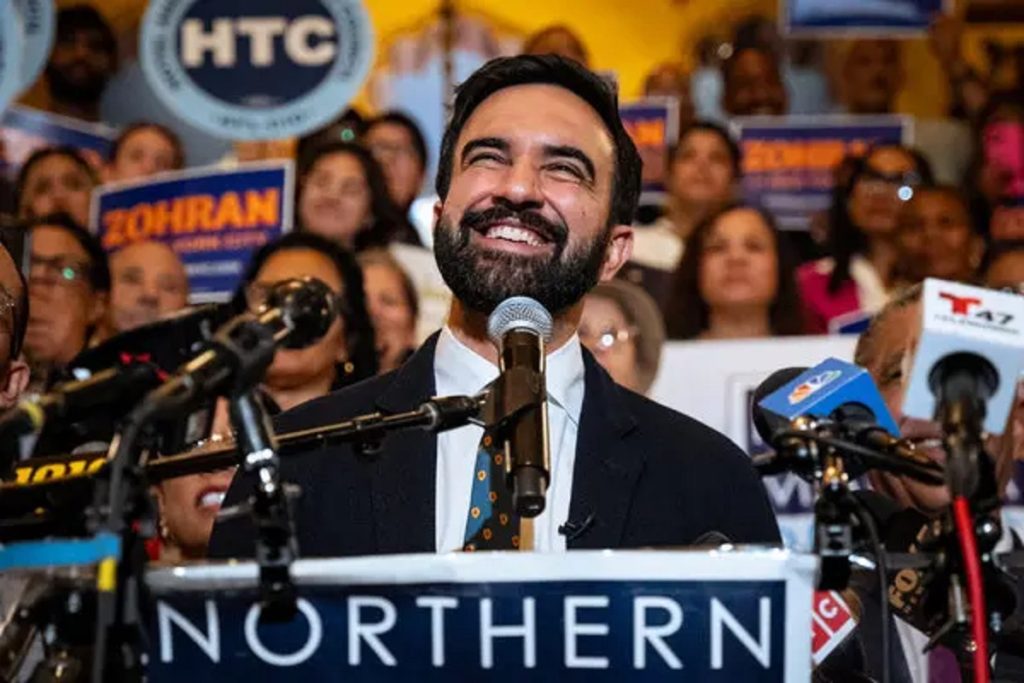Zahran Mamdani Faces Key Challenge in NYC Mayoral Race: Rebuilding Trust with the NYPD
Despite past criticism of the NYPD, experts say Mamdani can still build a strong, productive relationship through smart leadership and inclusive reforms.

Zahran Mamdani, the frontrunner in the New York City mayoral race, faces a crucial challenge: winning the trust of the New York Police Department (NYPD) despite his past criticism of the force. However, law enforcement experts — including former NYPD officers and executives from across the political spectrum — believe that a constructive relationship remains within reach. Most reject the notion that Mamdani has alienated the department beyond repair.
They point instead to a roadmap built on strategic leadership, open communication, and innovative policy adjustments that prioritize both officer well-being and community safety.
For months, Mamdani’s political rivals and critics have highlighted his earlier calls to reduce the NYPD’s size and his harsh descriptions of the department. In previous statements, he labeled the force as “racist, homophobic, and a major threat to public safety.” However, Mamdani has since publicly walked back those remarks, apologizing for his tone in a recent interview and emphasizing his willingness to cooperate with officers if elected mayor.

Experts acknowledge that many NYPD officers will naturally approach him with skepticism given his history. Still, they outline practical steps he can take to rebuild bridges and strengthen working relationships. Key recommendations include appointing a highly respected Police Commissioner, actively listening to officer concerns, and initiating a comprehensive reform of how the city handles emergency calls related to mental health. Such changes, they argue, could greatly improve morale and operational efficiency within the department.
The relationship between the mayor and the NYPD is widely seen as vital to maintaining public safety across the city and is central to the success of any mayoral administration. Public safety consistently ranks among New York voters’ top concerns, and any serious dysfunction within the NYPD could indicate broader governance challenges. The current national climate — with federal intervention in local law enforcement increasingly debated — only heightens the urgency of this issue.
Despite warnings from some of Mamdani’s opponents about a possible mass exodus of officers if he wins, former NYPD leaders and public safety experts predict a more measured reaction. Liz Glazer, a former federal prosecutor, noted that the department’s demographics have evolved — today, the NYPD is majority-minority and reflects the city’s diversity. Rodney Harrison, a former top NYPD official, admitted that overcoming distrust will be difficult but emphasized that Mamdani’s actions — particularly his recognition of officers’ daily sacrifices — will be decisive.

Effective leadership, especially in appointing a competent Police Commissioner, will be key. If elected, Mamdani will inherit a department still grappling with issues of corruption and favoritism that have hurt morale in the past. Officers, as expressed by their union representatives, feel overworked due to chronic staffing shortages and frustrated by what they see as dysfunction in the justice system. They seek continued engagement from political leaders and a firm commitment to holding violent offenders accountable — particularly amid rising recidivism rates in certain crime categories.
A major component of Mamdani’s public safety vision is the creation of a Department of Community Safety, designed to divert nonviolent 911 calls — such as those involving homelessness or mental health crises — away from police and toward trained medical and mental health professionals.
Shamsul Haq, a former commander who initially doubted Mamdani but now supports him, called the plan a “bold and necessary innovation.” Both Haq and Harrison predict initial resistance to the idea, comparing it to early skepticism around body cameras — which eventually gained broad acceptance. Over time, they believe the policy could ease the NYPD’s workload and even earn officers’ support, allowing them to focus on core policing duties.
This new model represents a modern approach to integrating law enforcement with mental health services — creating a more effective and humane response to community needs.



